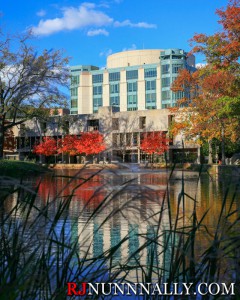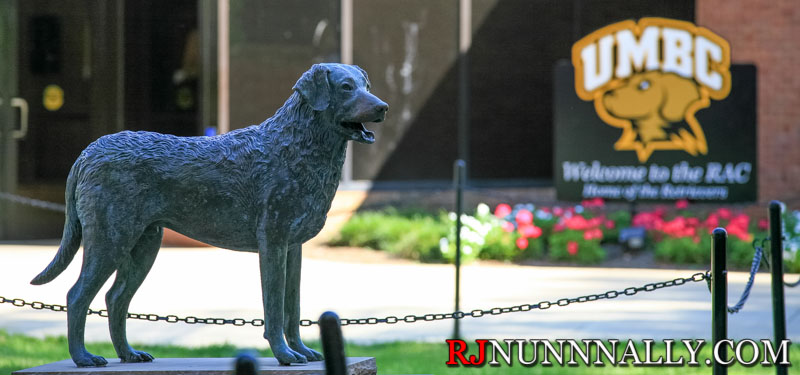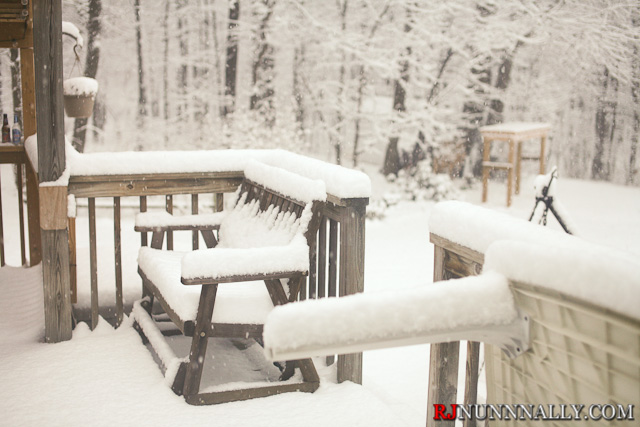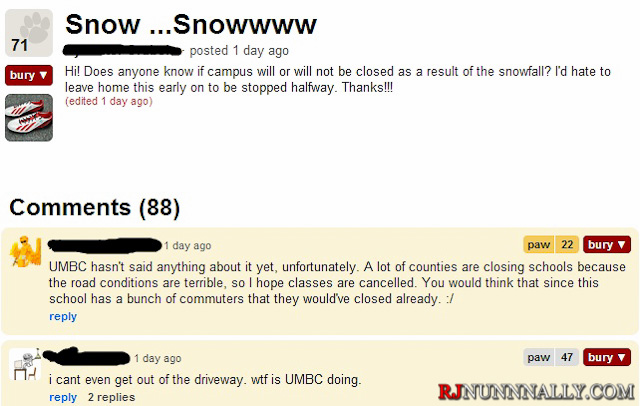After *finally* graduating from UMBC with a Bachelor of Science Degree in Information Systems, I really did not want to go back. I still feel more closely associated with UMD, feel that UMD has a better name (for what it matters), and overall felt the caliber of students at UMD was higher. UMBC students seem to lack drive and creativity as compared to UMD students, in my opinion. Virtually everyone I knew, and continue to meet, at UMD had a side project they believed in and tried to bring to fruition. From bands to companies to protests, they showcase their ambitious spirit in their spare time. While UMD students are working on meaningful products, UMBC students are shut in their dorms, gaming. There’s nothing wrong with that, but there is a clear difference between the two campuses. And this doesn’t even mention my single largest beef with UMBC – the administration!
I talked with many, many industry professionals prior to deciding to pursue a Master’s in Cybersecurity. My concern is that it will/would be considered a “trendy” degree that will fall out of favor in the future and stain my resume, an indication that I was caught in the moment. However, I have been unanimously assured that Cybersecurity is a good way to go. With the degree set, I evaluated several Universities – Utica College in New York, Johns Hopkins University in Baltimore, UMBC, and UMD (UMCP).
Utica offers an online program. I merely requested information, I believe from USNews.com, and was immediately called at work not five minutes later. Unfortunately, I was not able to pick up the phone at that time and ignored the call. Little did I know, I’d be called on a daily basis! This could be a good sign in terms of the University being responsive to students, but all I wanted was a brochure. Shortly after, I decided I did not want to pursue an online Master’s degree and I did not intend to move to NY, so Utica was out. They trail behind the other’s on my list in terms of industry recognition as well.
Johns Hopkins was my third choice due to cost alone. If you have the money, they appear to be a great choice. Given that they are more than twice as expensive as UMBC or UMD, I did not feel their name could make up the difference in cost. JHU’s program is technical in nature and lacks any management courses. If you attend in person, the program falls under their “Engineering for Professionals” college and is taught in the evenings with some weekend courses offered.
 UMD, like JHU, emphasizes the technical aspects of Cybersecurity with the program belonging to their Engineering College. For those less technically oriented, the Robert Smith business school also offers a Cybersecurity certificate (15 credits) that is more policy based. Afterwards, the business school recommends moving on to an Information Systems Master’s for Policy/Management or a Master’s of Engineering in Cybersecurity for technical staff. UMD is the flagship school in the University of Maryland system, and having attended UMD in the past, I am biased towards them. However, their website for the Cybersecurity program is poor – to the point I was unable to even figure out the cost for an in-state student. Because of their technical emphasis, distance, and cost, I once again turned to UMBC.
UMD, like JHU, emphasizes the technical aspects of Cybersecurity with the program belonging to their Engineering College. For those less technically oriented, the Robert Smith business school also offers a Cybersecurity certificate (15 credits) that is more policy based. Afterwards, the business school recommends moving on to an Information Systems Master’s for Policy/Management or a Master’s of Engineering in Cybersecurity for technical staff. UMD is the flagship school in the University of Maryland system, and having attended UMD in the past, I am biased towards them. However, their website for the Cybersecurity program is poor – to the point I was unable to even figure out the cost for an in-state student. Because of their technical emphasis, distance, and cost, I once again turned to UMBC.
 UMBC stands alone with their Cybersecurity offering. Rather than an engineering degree, UMBC offers a “Master’s of Professional Studies” (MPS) degree in Cybersecurity. It is a 30 credit program with a split personality – several management courses are mandatory and several technical courses are mandatory, but a total of four courses are electives that can go either way. UMBC’s program was assembled under the close guidance of industry professionals and all the professors for their Cybersecurity program are adjuncts. I really like UMBC’s Cybersecurity program because it is a higher level program that should stand the test of time better than the competing schools. I also like that it is taught by adjunct professors who are not teaching for the money, but for their love of teaching & to further the industry. In fact, of all the programs I evaluated, UMBC’s professors appear to be the most qualified and the most accomplished in the industry; the director even served as the CSO for InterNIC! Furthermore, many of UMBC’s professors also teach at nearby JHU – effectively offering the same education at a lower cost.
UMBC stands alone with their Cybersecurity offering. Rather than an engineering degree, UMBC offers a “Master’s of Professional Studies” (MPS) degree in Cybersecurity. It is a 30 credit program with a split personality – several management courses are mandatory and several technical courses are mandatory, but a total of four courses are electives that can go either way. UMBC’s program was assembled under the close guidance of industry professionals and all the professors for their Cybersecurity program are adjuncts. I really like UMBC’s Cybersecurity program because it is a higher level program that should stand the test of time better than the competing schools. I also like that it is taught by adjunct professors who are not teaching for the money, but for their love of teaching & to further the industry. In fact, of all the programs I evaluated, UMBC’s professors appear to be the most qualified and the most accomplished in the industry; the director even served as the CSO for InterNIC! Furthermore, many of UMBC’s professors also teach at nearby JHU – effectively offering the same education at a lower cost.
UMBC’s emphasis on policy and management should stand the test of time. One of my largest concerns with the Cybersecurity degree is that it is a “trendy” degree, but UMBC’s goals transcend that of other (lesser) Universities. Even with technical electives, the UMBC degree is still more general, oriented towards people and government, and therefore timeless. Why would I want my Master’s to be technically oriented in a field that reinvents itself so often? And this is the exact reason I steered away from UMD, despite my personal bias. My technical proficiency will be proven through industry experience and certifications – such as the GIAC GSEC that I am currently earning – while my management skills and industry wide understanding will be developed through the industry leading professionals teaching at UMBC’s Cybersecurity Master’s program. There is money to be made where management intersects technology!
Another point worth mentioning with all these programs is their standing with the NSA. JHU and UMBC are both NSA “Center[s] of Academic Excellence in Information Assurance Research” AND NSA “Center[s] of Academic Excellence in Information Assurance Education” (CAE/R & CAE/IAE) while UMD is only recognized for research (CAE/R). Utica? I can’t find them on the NSA site at all.





